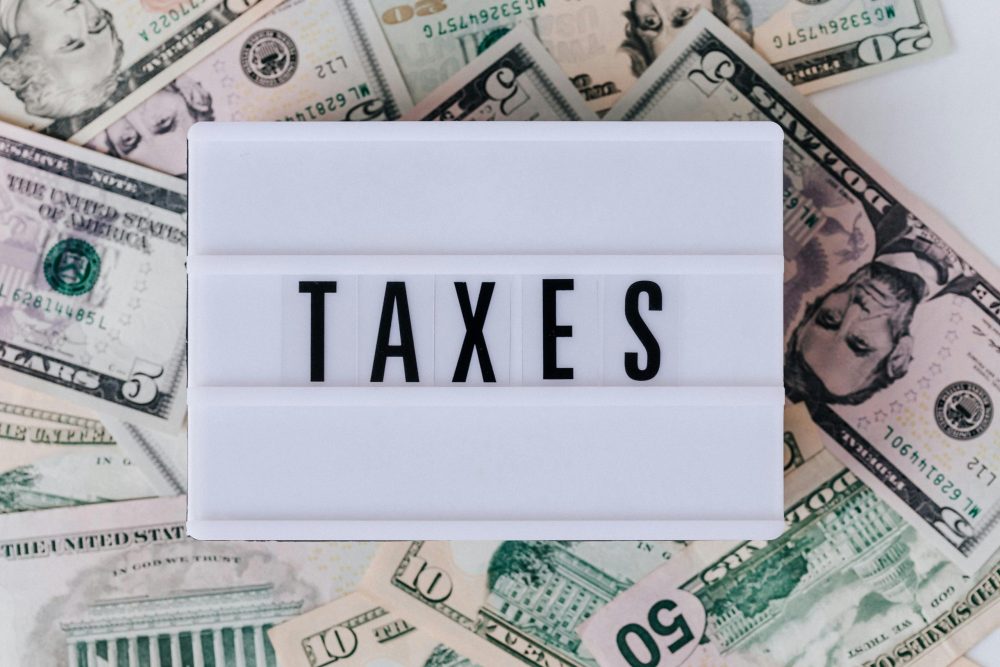Running a business means paying attention to many costs. One of the biggest costs is taxes. In 2025, tax rules and rates may shift, and these changes will affect how much profit a company keeps.
If you want your business to last, you must understand how taxes work and how they influence your bottom line.
Tax Basics for Businesses
Every business must pay certain taxes: income tax, sales tax, payroll tax, and others. Some taxes depend on how much you make. Others depend on what you sell or how many workers you have.
A new report from Business Times Now shows how recent tax changes are pressing small and medium firms. They point out that higher tax rates squeeze profits, especially for firms with small margins. The choice between being a sole proprietor, partnership, or limited company also matters, because tax rates and allowances differ.
Businesses must also deal with property taxes or business rates (in some countries). Miscalculating these can lead to surprise bills. That is why many owners often use tools or guides to calculate business rates. Getting those numbers right helps plan finances more clearly.
Income Tax and Corporation Tax
If you run a limited company, you pay corporation tax on your profits. In many places, the rate is going up or has changed recently. When tax goes up by even a few percent, your net profit falls sharply. That leaves less money for reinvestment or paying owners.
When tax rules change, accounting costs also rise. You might need better software or help from an accountant. These extra costs eat into the revenue too.
To protect the bottom line, businesses can use deductions, allowances, or credits where law allows. But tax authorities often tighten which deductions are allowed. What helped before might not work anymore.
Sales Tax, VAT, and Business Rates
When a business sells goods or services, it may have to charge sales tax or VAT (value added tax). That tax does not come out of your profit: it is collected from customers. But handling it takes work. You must record taxes properly, file returns, and sometimes pay penalties if mistakes happen.
Then there are property taxes or business rates. The cost of renting or owning premises is a major fixed cost. If business rates go up, it feels like a tax burden. That’s why it is wise to Calculate Business Rates and know your obligations before signing a lease.
Payroll Taxes and Benefits
When you hire employees, taxes and social security contributions come on top. You have to pay part of workers’ benefits, health insurance, pensions, etc. In 2025, some governments may raise employer tax contributions. That means your labor cost goes up more than salaries suggest.
Because labor is often your largest expense, any tax increase here bites deep into profits. You may have to cut hiring or slow growth. Some business owners might raise wages less or freeze hiring to absorb tax increases.
How Tax Changes Shift Strategy
Because taxes affect profit so much, business owners will change strategy. Some may avoid high-tax areas. Others might shift structure to reduce tax exposure. Some may push for more automation (more machines, fewer staff) to reduce payroll tax.
Others may reduce investment spending, cut marketing budget, delay expansion. But doing that too much slows growth and competitiveness.
Forecast and Tips for 2025
Taxes in 2025 are uncertain. Governments may raise taxes to get more revenue, especially after global events. Businesses must plan for different scenarios.
Here is how to protect your bottom line:
- Budget for higher tax rates. Don’t assume rates stay the same.
- Use safe tax planning. Learn which deductions are legal and proper.
- Track all expenses carefully. Mistakes cost penalties.
- Review structure. Maybe change from one business form to another.
- Keep reserves. Use savings to absorb tax surprises.
- Understand your fixed taxes. Taxes like business rates are fixed; plan for them. When you Calculate Business Rates, you reduce surprises.
- Talk with tax professionals. Even simple firms benefit from help when rules shift.
Conclusion
Taxes are not just a burden; they decide how much you finally keep. In 2025, with potential tax hikes, the effect is stronger.
Whether you are small or larger, whether you sell goods, hire staff, or own property taxes touch every corner of your business. Watching tax laws, planning ahead, and being cautious helps protect your bottom line.
